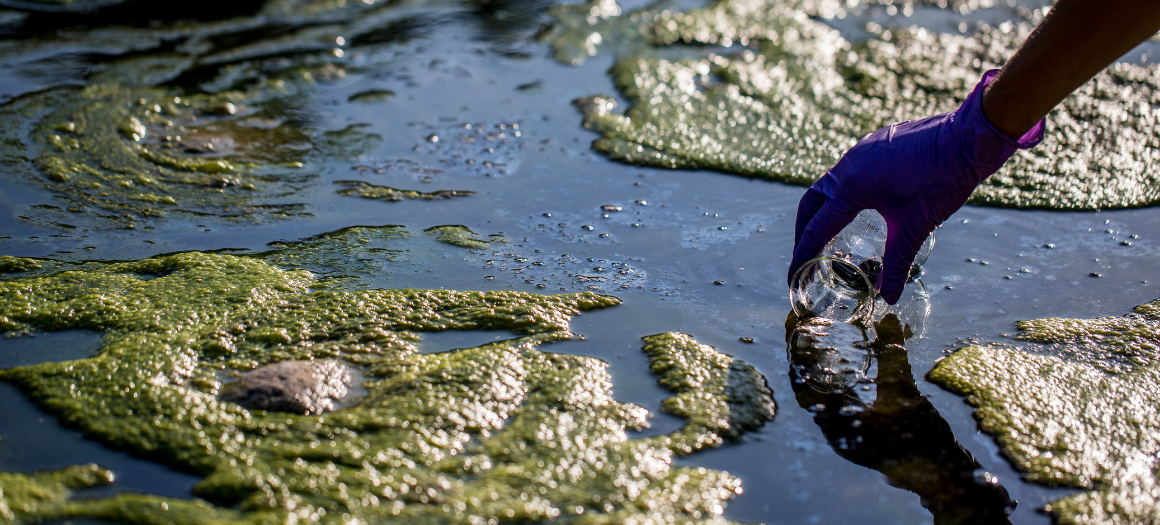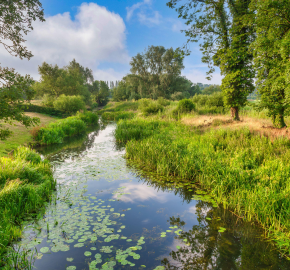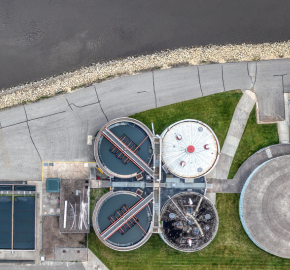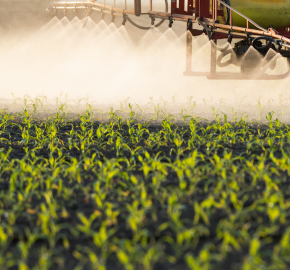Legal Update – September 2025

The legal team has been very busy in the last two months, with one case in preparation for the High Court and two pending in the Tribunal, a public inquiry conducted in September, and other cases moving steadily towards the courts, as well as all our ongoing campaigns.
Pesticides used in farming – off to the Tribunal
In our battle for transparency over pesticide pollution of UK rivers, as we reported last time, the Health and Safety Executive has appealed against another Decision by the Information Commissioner that they should disclose various farmers’ pesticide use records. WildFish has joined the appeal as a Second Respondent and formal proceedings are well advanced. The hearing will be held in the autumn. This is a vital case, so watch this space.
Salmon farming and ‘greenwashing’ – Soil Association and so-called ‘organic’ farmed salmon
Back in 2024, we kicked off a campaign by gathering other groups to support an open letter to the Soil Association to try to persuade them to stop ‘greenwashing’ salmon farming.
WildFish lawyers then won a major victory in their battle to see secret inspection reports published.
As we reported last time, Soil Association Certification Limited has appealed against that decision of the Information Commissioner, meaning it would not be obliged to provide copies of inspection reports of so-called ‘organic’ salmon farms (which WildFish considers create the same issues for wild fish conservation as ‘conventional’ fish farms).
WildFish joined proceedings as a Second Respondent and the appeal will be heard in the autumn. Formal preparations are now well advanced.
Whatever the outcome, WildFish believes that nothing short of the Soil Association ending completely its certification of so-called organic salmon farming will be sufficient to repair the damage the Soil Association is currently doing to its own reputation.
Buckinghamshire planning – sewage trestment capacity for new houses
We are preparing the final steps for trial in the Buckinghamshire case on 14-16 October at the Royal Courts of Justice in London. Readers will remember that we launched the judicial review back in March 2025, on the basis that house-building plans in Buckinghamshire would see an already-overwhelmed sewage works spewing even more sewage into the Great Ouse.
At the same time, we have published an open letter to local planning authorities that can be used by campaigners and explains that pollution and excessive water demand cause damage to the aquatic ecosystems and the species which they support, from plant life, to invertebrates, fish, mammals and birds. Planners, we argue, need to be sure that the local sewage works has capacity to deal with the sewage from present and proposed development and that the region has enough water before they grant planning permission.
It’s a difficult time for nature and the government’s single-minded drive to build more homes – partly by proposing the softening of legal protections, makes the decisions of local councils all the more important – find out more in our No capacity, no development report.
Chalk streams
As readers will know, WildFish has been campaigning to end over-abstraction in chalk streams for years. We recently wrote to the Secretary of State asking for him to consider designating all of the chalk streams in England as Special Areas of Conservation (“SACs”) to create better protection. This comes at a time when the government is pressing ahead with ill-conceived plans for growth that would increase the pressure on these rivers and streams due to over-abstraction and pollution. A response is awaited.
Abstraction and drought
Just a few months after publication of our Abstraction Report, we delivered our objections to an application for a Drought Order made by Southern Water for the River Test. The Order, if granted, would mean a reduction in the “hands-off” flow in the river so that the pumps can keep working, even when there is little water left. Even though we were the sole objector willing to make representations (there were two others who did not take part in proceedings), the government was obliged to arrange a hearing, where we argued that Southern Water had not done enough to offset demand and to put in place long-term and alternative measures for water resources early enough and that there were defects in the way it had assessed impact in its reports. That meant that compensation and mitigation actions that they promised were too uncertain and vague.
After hearing WildFish’s objections as well as criticism of the application by the Environment Agency, the Inspector ordered that the water company amend its “Monitoring, Mitigation and Compensation” report. But the results have been less than impressive and the promises of compensation remain vague.
We now await the report and the Secretary of State’s final decision to grant or refuse the Drought Order application.
Avon salmon farming
Who would have thought it? Salmon farming on the Avon! WildFish has submitted an objection to a planning application to convert part of an old trout farm into an intensive salmon farm of .72 hectares on the banks of the River Avon SAC and SSSI. Other than vague specifications, the application by Cold Water Salmon, is sparse on detail and there is crucially no detailed discussion in any of the documents of drainage, abstraction, and discharges of contaminated water as well the impact of such development on the aquatic environment. We don’t even know the tonnage of fish expected per year – which is crucial if the right environmental assessments are needed to understand the impacts on the river.
One would expect such a speculative application to be rejected. But who knows, in a country where more and more ill thought-out development threatens our river environment.
Windermere
Lastly, for those Windermere-watchers, after Private Eye running the story of how the Environment Agency (EA) responded to our notification under the Environmental Damage Regulations by saying that Esthwaite Water – the lake in the hills above Windermere – has not suffered environmental damage due to pollution even though its notified species slender naid had become extinct, the EA has now refused to meet with WildFish. However, we have pointed out that they are obliged to do so.
These are just a series of snapshots of our bigger cases. With campaigns moving towards trial, planning objections and responses to consultations and endless blogs and reports, we try to update with as much information as possible when we have a moment free. But time is pressing and we need to concentrate on doing our work. So, watch this space!



